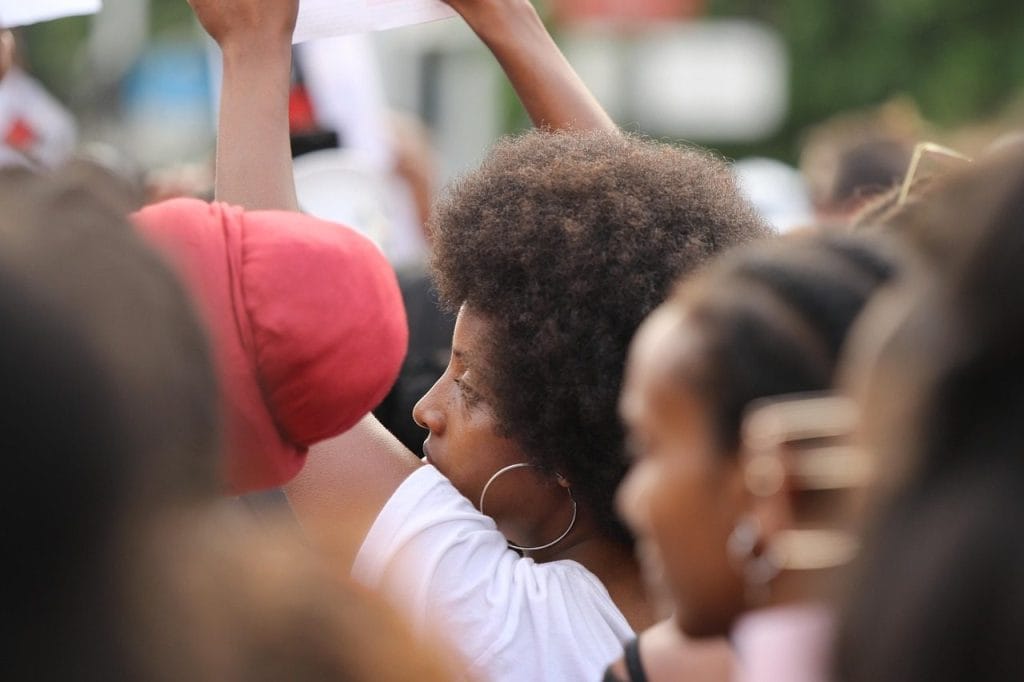The Coalition Avenir Québec (CAQ) has unveiled a fresh advertising campaign ahead of François Legault’s anticipated cabinet reshuffle, aiming to boost his government’s standing amid a decline in public support.
The premier hopes to rejuvenate his administration, currently facing a drop in popularity according to recent polls.
Recently, Pallas Data ranked the CAQ fourth, trailing behind the Parti Québécois, the Liberal Party, and the Conservatives.
The advertising initiative showcasing specific CAQ initiatives was strategically planned well before any talks of a reshuffle, as stated by CAQ communications director Claude Potvin.
Consisting of seven engaging clips to air on TV and social media throughout September and October, the campaign is designed to be both entertaining and informative, without disclosing the overall cost.
Key topics to be addressed include support for seniors’ homes, streamlining bureaucracy, aid for small and medium-sized enterprises, electricity pricing, providing eyeglasses for youth, pharmacy and nursing services, and labor regulations.
Potvin emphasized that the current campaign’s goal is to raise awareness among Quebecers about the various services available to them and local businesses, with the intention of familiarizing people with existing programs and guiding them to relevant resources.
Despite the absence of Legault in the advertisements, the poll data indicates his declining popularity, with the CAQ slipping to fourth place while the Parti Québécois maintains a lead.
An increasing number of Quebecers now hold an unfavorable view of the premier, with 79% expressing negative opinions, marking a six-point rise since June, according to a poll conducted by Qc125.
Conversely, the percentage of individuals with a favorable opinion has dropped by five points to 10% since the previous survey.
Following the upcoming cabinet reshuffle on Wednesday, Legault is set to deliver a speech on Sept. 30 outlining his priorities for the upcoming year, ahead of the general elections scheduled for October 2026.
The Pallas Data poll, conducted on Sept. 6 with a sample of 1,187 Quebec respondents aged 18 and above, carries a margin of error of plus or minus three percent, 19 times out of 20.



